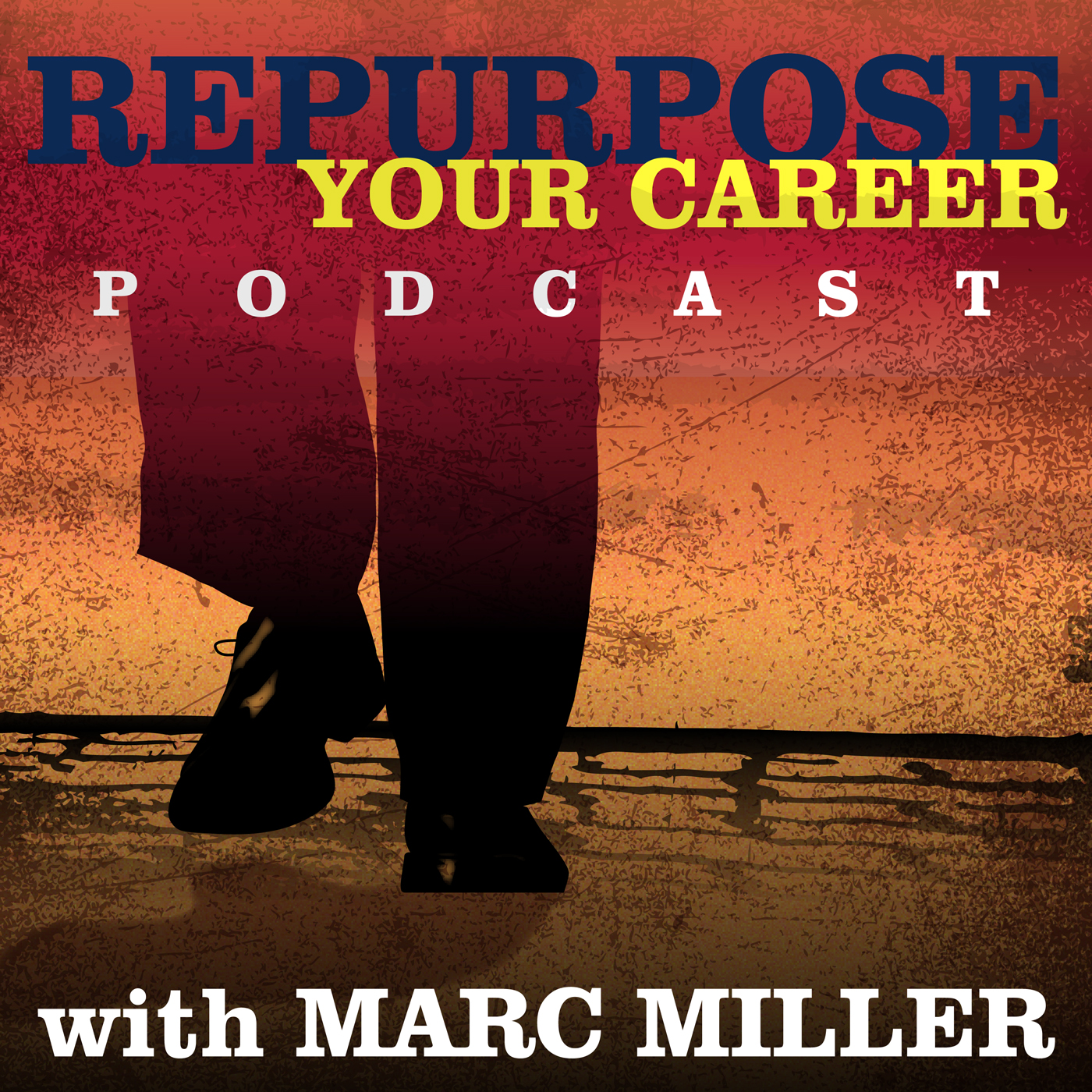Questions
 Questions power the entire negotiation and job search process.
Questions power the entire negotiation and job search process.
The goal is to ask questions that will probe for pain points. We want the interviewer to spill the beans!
In Jim Camp’s book, Start with NO…The Negotiating Tools that the Pros Don’t Want You to Know, he writes:
We use the specific goals of behavior and action—goals we can control—that I call the “fuels of the system.” These are the behavioral habits that allow us to peel the onion of the adversary’s business situation and negotiating a position and find out what’s really going on over there. The single most important fuel that you have, the most important behavioral goal and habit you can develop, is your ability to ask questions.
Your goal is to ask questions to find out why they are hiring, what problems they want to solve, what is the budget, when do they want to hire, how is the organization structured, etc.
You need to ask questions from the hiring manager’s perspective. You want to get into his or her head!
The Power of Correct Questions
Camp writes:
Asking questions is a science and an art. The science is in how you intellectually construct a question. The art is found in how you ask it: your tone of voice, your creative choice of words, your behavior and remarks before asking your question.
We will start with the science. Questions can start with a verb or an interrogative (who, what, where, who…).
Examples of questions that start with a verb:
Listen to the most recent episode


Marc Miller
Discover the Perfect Destination for Your Retirement or Remote Work Abroad #337
- Will you be hiring soon?
- Do you have a budget for this position?
- Is this a new position?
There are only three answers to these questions. Yes, no or maybe.
These kinds of questions do not get you the information you want!
Interrogative based questions are open ended. Your goal is to develop a clear picture of what is going on in the organization so that you can best position yourself.
Let’s take a look at these kinds of questions:
- Why is this position open?
- What is the budget for this position?
- What problem are you trying to solve by filling this position?
- Who has the final decision on who you will be hiring?
- When do you plan to fill this position?
- How will you determine the final candidate?
All of these questions can be used in the initial phone screen.
When you interview in person, you can ask:
- What are the main business issues you are facing?
- Where do you see this position going?
- What keeps you up at night?
- What is the hiring manager’s management style?
- How does the team interact?
- How often does the team get together?
All of these questions cannot be answered with a yes, no, or maybe.
The key is to keep these questions short and ask only one question at a time. Remember K.I.S.S. (Keep It Simple Stupid).
Never, ever revert to asking questions that start with a verb. It is very easy to fall into. You will need to practice this with an interview partner.
Next Steps
Develop a set of interrogative based or open ended questions. Use the same set of questions in every interview. Compare the answers after each interview. Are you getting conflicting answers?
The next post, called Nurturing and Reversing – The Negotiator Job Search, will discuss the art of asking questions.
Do you have a standard set of questions that you use in every interview?
Are they open ended questions?
This is the 4th post in the Negotiator Job Search series.
You can read the rest of the series here.
Marc MillerLike What Your Read? Get Career Pivot Insights
Do You Need Help With ...

Check out our Help Center where you have access to 14 different content portals.


Marc, This is a fabulous new series you have started. It completely changes the mindset from job beggar with hat in hand to job negotiator with power because we ALL have the power to ask questions. In an era when anyone can become a job negotiator on a moment’s notice (even sole proprietors), this is a great paradigm shift. Amy
Amy,
When I read Camp’s book I said to myself, wow, I can apply all of this to the job search and career management. Thanks for the kind words.
Marc